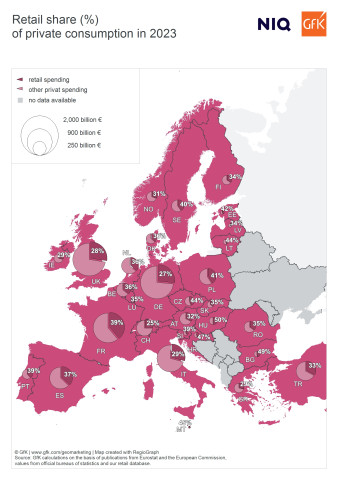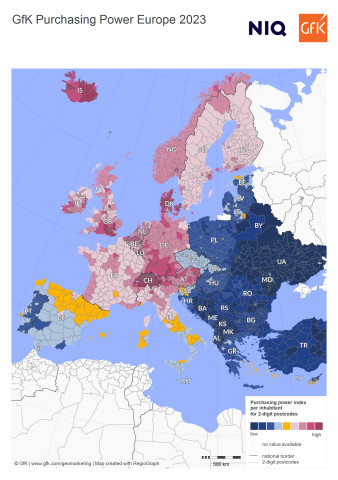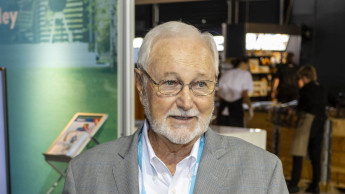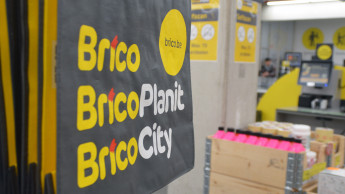The share of private consumption that goes into retail and is not spent on savings, services or leisure is slowly returning to pre-pandemic levels in the European Union. This is the conclusion reached by market research company GfK in its new study on retail in Europe. In 2023, a decline was recorded for the second year in a row. The retail share of private consumer spending had risen in 2020 and 2021 due to the pandemic. EU citizens now only spend 33.9 per cent of their money in retail. This means that EU citizens spent 0.5 per cent less money in retail than in the previous year, despite an increase in purchasing power and retail sales of 5.5 per cent each.
In many Eastern European countries, almost every second euro is spent on retail, especially in Hungary (50 per cent), Bulgaria (49 per cent) and Croatia (47 per cent). In last place is Germany, where just under 27 per cent of consumer spending is spent in the retail sector.
Further results at a glance
Purchasing power: After the purchasing power of EU citizens had already risen by 7 per cent in 2022, net disposable income rose significantly again in 2023. Across the EU, per capita purchasing power averaged EUR 19,786, which corresponds to a nominal increase of 5.5 per cent. In total, the inhabitants of the 27 member states had around EUR 8.9 trillion in purchasing power at their disposal.
Retail sales: In line with purchasing power, retail sales in the EU member states rose by 5.5 per cent. However, according to GfK, this nominal increase in turnover is put into perspective by high consumer prices. The highest growth rates within the EU were observed in Eastern European countries such as Bulgaria (+18 per cent), Romania (+14 per cent) and Croatia (+14 per cent), with larger markets such as Spain and Poland also recording growth rates of over 12 per cent.
Inflation: Even though inflation in the 27 EU countries had already fallen in 2023, the level remained quite high at 6.4 per cent. The forecast for 2024 is 2.7 per cent. This means that price increases will be more moderate than in 2022 and 2023, with Belgium being the only country where inflation is expected to be higher in 2024 than in the previous year.




 Menü
Menü

















